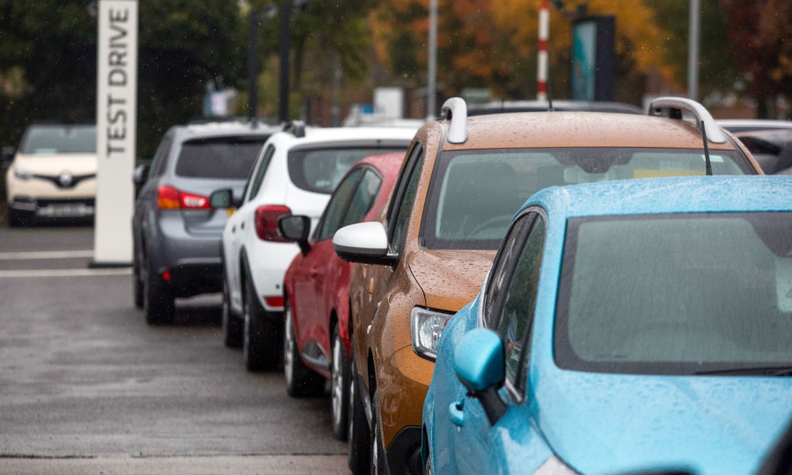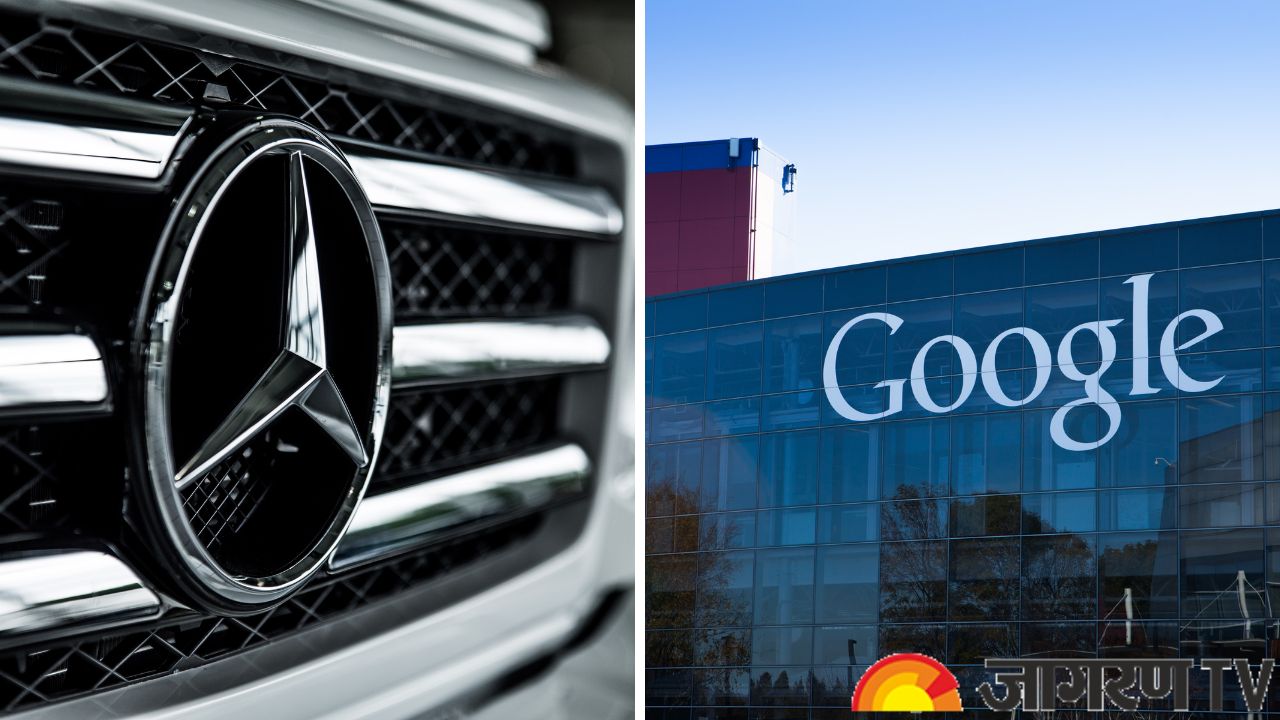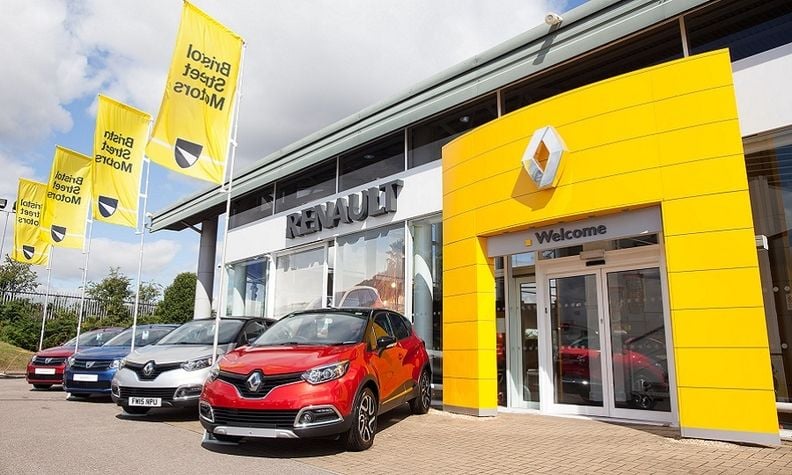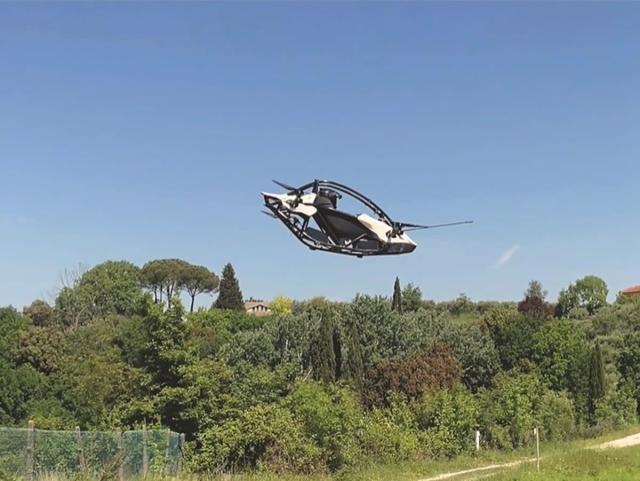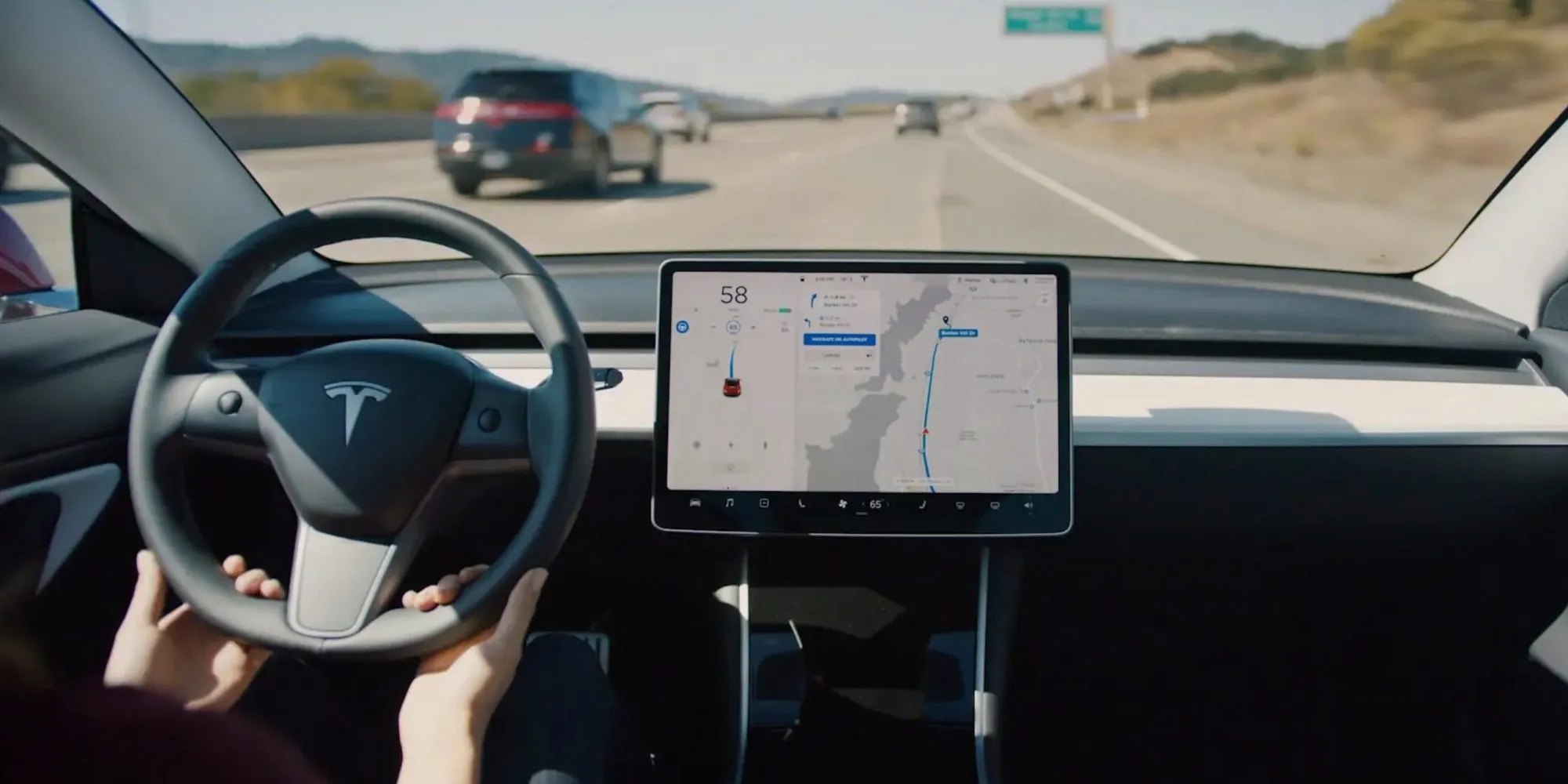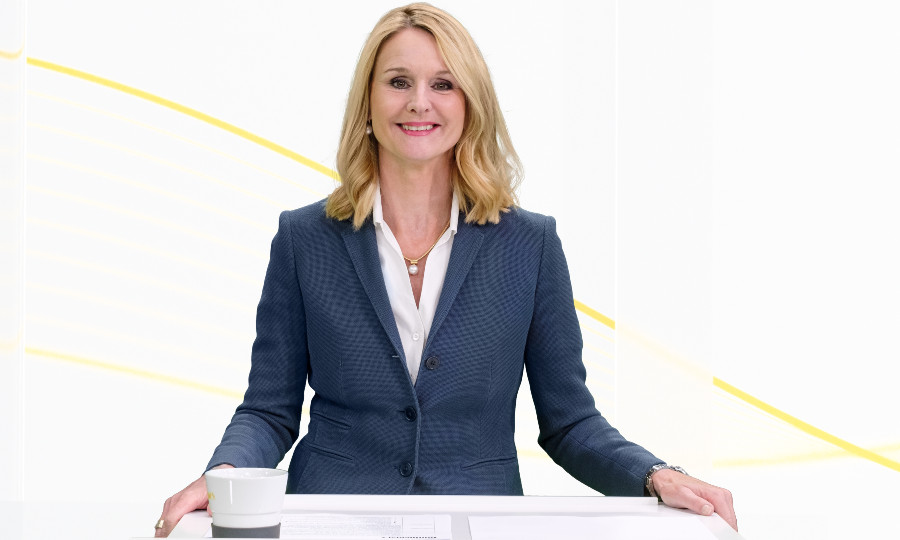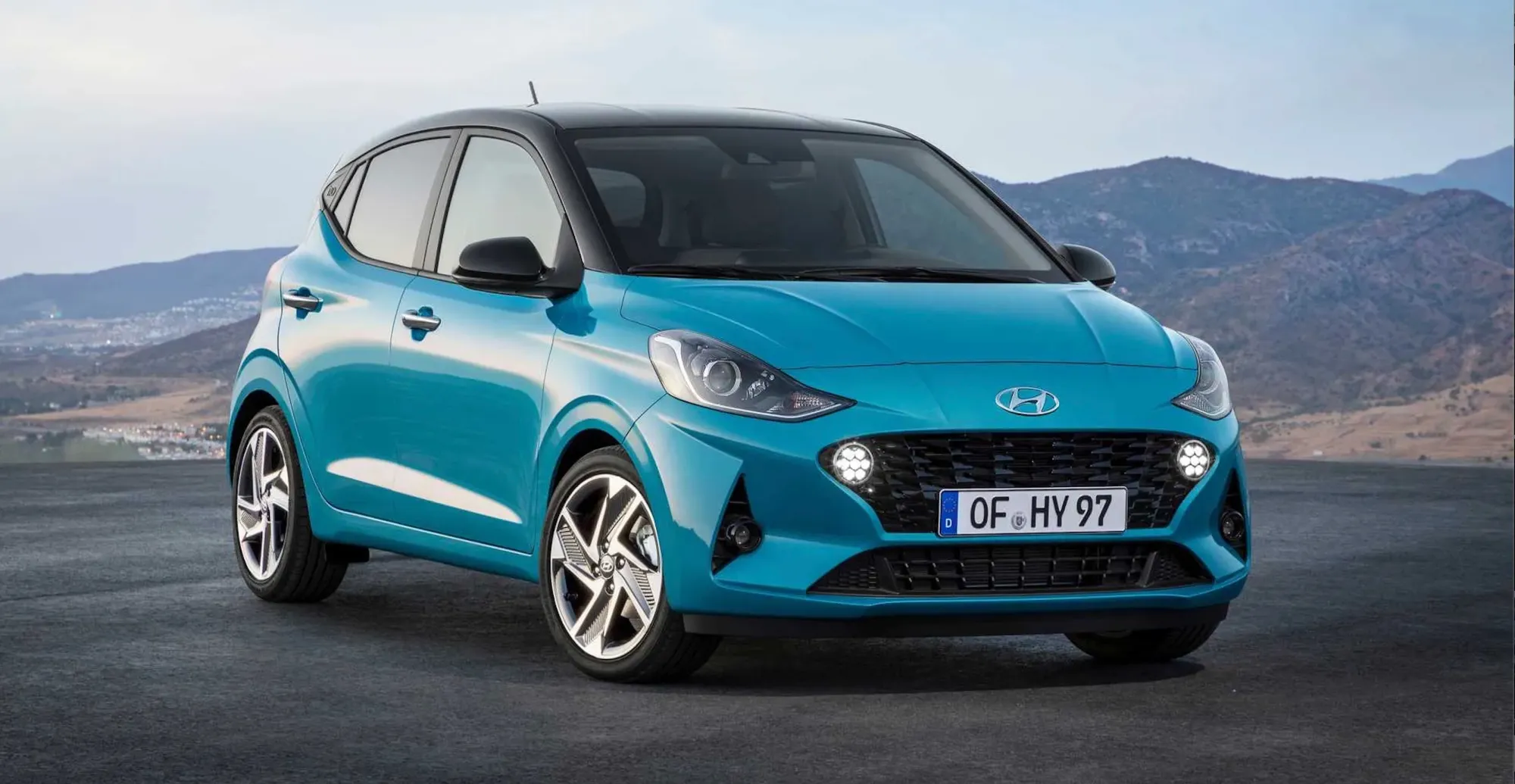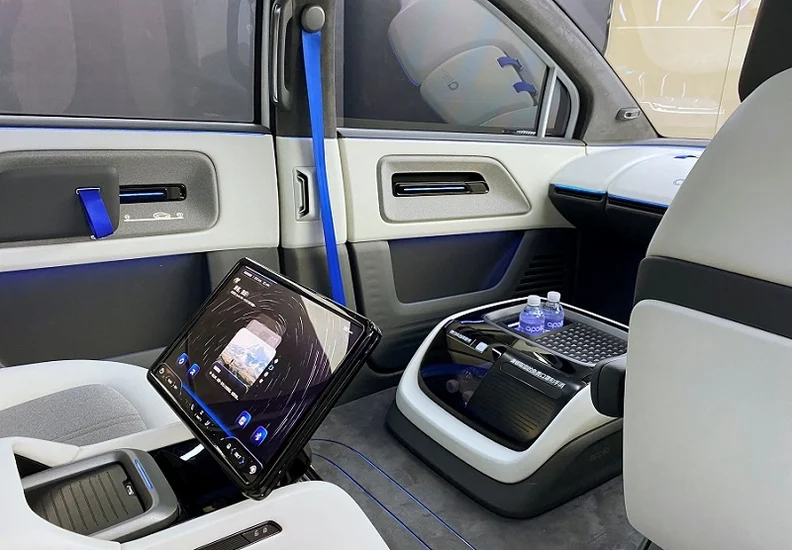With EU lawmakers already in favor of giving up fossil fuels in the auto industry, it’s highly likely that most car companies will have to shift to producing electric models in little more than a decade.
“I have full confidence that the European car industry can manage,” Frans Timmermans, the commission’s executive vice president, told the ministers as the heated talks were drawing to a close around 2 a.m. in Brussels on Wednesday. “Our carmakers are among Europe’s industrial leaders and they can continue to be that as they embrace this global shift.”
As part of the package, governments also agreed to strengthen the EU Emissions Trading System and bolster its price-control mechanism. They also want to delay by a year a new carbon market for heating and road transport fuel and create a climate fund to help mitigate the costs of the new cap-and-trade program for the most vulnerable.
“Thanks to this agreement, Europe is putting itself at a leading position in terms of addressing climate challenges and technology,” said French Energy Transition Minister Agnes Pannier-Runacher. “We’re also ensuring a just transition for each member state, each territory and each citizen.”
Along with four other member states, Italy had sought a 90 percent reduction in automakers’ emissions by 2035, the year that the European Commission has targeted a full cut, as well as a longer exemption for small automakers.
It won some concessions on derogation for niche manufacturers — like Lamborghini — who will be spared interim targets until the end of 2035, from 2029 proposed by the commission, according to France.
In an attempt to enable a compromise, Germany proposed a non-binding addition to the car emissions law that calls on the commission to propose registering vehicles running exclusively on carbon-neutral fuels after 2035.
The automakers’ lobby group ACEA said it agreed with the decision but said that infrastructure needed more support and that access to EV raw materials needed to be secured in Europe. “To be very clear: the automobile industry will fully contribute to the goal of a carbon-neutral Europe in 2050,” ACEA president and BMW CEO Oliver Zipse said. “But the decision of the Council raises significant questions which have not yet been answered, such as how Europe will ensure strategic access to the key raw materials for e-mobility.”
He added that “hydrogen and other CO2-neutral fuels can play an important role in decarbonizing road transport.”
CLEPA, which represents suppliers, said it “took note” of the decision, but emphasized that the group continued to support “a technology open approach, with a smart and sensible technology mix of electric vehicles and a measured use of alternative solutions involving advanced internal combustion engine technology.”
“We are concerned about the lack of commitment when it comes to the deployment of charging and refuelling infrastructure as well as the capacity for producing renewable electricity and renewable fuels,” general secretary Sigrid de Vries said in a statement. “Going forward, criteria such as affordability, access to raw materials, emissions along the life cycle and employment in the sector need to be considered.”
The environmental group Transport & Environment welcomed the accord among ministers, but called on members of the European Parliament to “shut down any possibility of a loophole for synthetic fuels,” saying they are more expensive for drives and “a far less efficient use of renewable electricity than direct electrification.”
“The end of the combustion engine is great news for the climate,” said Julia Poliscanova, senior director for vehicles and electric mobility at the group. “But new proposals on fuels are a diversion.”
The ministers also agreed to endorse the key parameters of a sweeping carbon market reform as proposed by the commission, including a 61 percent reduction of emissions in the cap-and-trade program by 2030 from 2005 levels.
They want to strengthen a mechanism preventing excessive price spikes to curb speculation, and enable the release of 75 million carbon permits into the market. That would happen if the average auction price of allowances in six months is in excess of 2.5 time the average price of the two preceding years.
The deal also limits the size of the Social Climate Fund to 59 billion euros ($62 billion) from 72 billion euros proposed by the European Commission.
